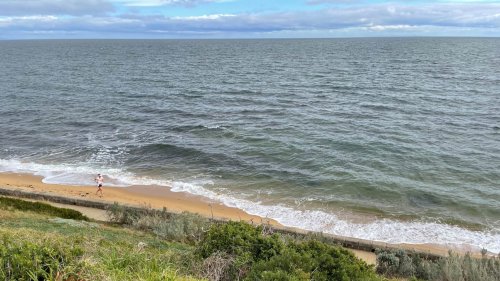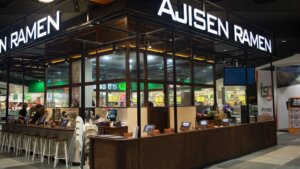Despite being voted as the “World’s Most Liveable City” many times in the past, Melbourne is a wonderful city but it can be an expensive place to stay in. However, seasoned locals have their means to keep costs down while enjoying the wonderful perks the city has to offer.

The Chinese has a saying about the 4 necessities of life, namely clothing, food, accommodation and transport. Let’s have a look at how to economise on each of these areas.

#1 Clothing
Nothing comes close to the thrill of shopping for high fashion clothing in the stores along Bourke Street but spending hundreds on designer wear may not be possible for the cash strapped international student, for example. The solution is to shop in opportunity shops (known locally as Op Shops) for pre-loved (2nd hand) items, including clothing. Many such shops that are dotted all over Victoria are from charities like The Salvos and Vinnies. Used clothing items in these op shops can be surprisingly newish and still very much fit for purpose.

#2 Food
Home cooking is often touted as the sure fire way to cut down on food expenses. For the times that you have to eat out, there are economical places to have a meal. If you are in the CBD, chain restaurants like Don Don (Japanese food), Om Vegetarian Restaurant (vegetarian Indian food) etc. You need to just google “cheap eats in Melbourne” to find many website dedicated to that one pursuit. During this pandemic, many restaurants have been helping out by offering free food to needy people. This is one avenue to help you reduce food costs if you are legitimately having a budget crunch. Just join the many neighbourhood Facebook groups to be kept informed of cafes and restaurants offering this help.

#3 Accommodation
The bulk of jobs are found within 10km radius of the Melbourne CBD. Buying into or renting in the inner suburbs, to be close to work places, have traditionally been more expensive, compared to living in the far flung western or northern suburbs. However, since the start of the COVID-19 pandemic, international students have left the country in droves and there have been scores of empty apartments waiting for tenants. The savvy renter would find that this is a good time to consider relocating closer to the city centre and negotiate a lower rent in the current renter’s market. The go-to website for properties sale and rent is www.realestate.com.au.

#4 Transport
If you are working full time, the bulk of your transportation needs would be the commute between home and place of work. It pays to therefore live near your workplace. Should owning a car be inevitable, do consider buying a second hand vehicle instead of brand new. The depreciation curve of a new car in the first few years is generally very steep, so you might one to consider a used one that is 3 or more years old. Where possible, consider taking a bus, tram, cycling or even an electric scooter to get to where you need to go.
Remember to always live within your means and not be tempted to splurge on non-essentials, however strong the urge may be. The peace of mind from not having a debt cloud over your head will indeed be priceless.






